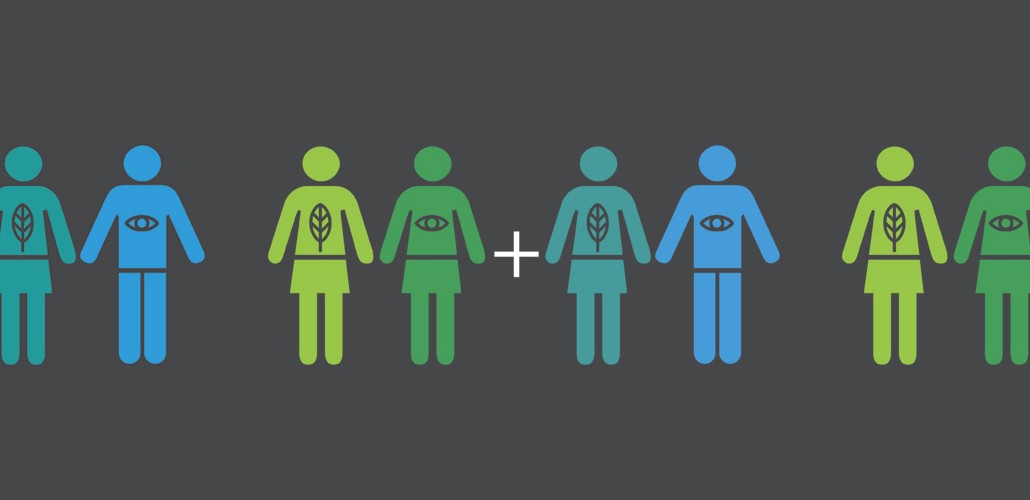The filters that rule the web
In 2005, Facebook hired Chris Cox, a Stanford graduate specializing in artificial intelligence and symbolic systems. Interestingly, when Mark Zuckerberg first approached him, Cox didn’t take his offer seriously. It was only after a few meetings that Cox began to envision a new way of thinking for the entire planet. Soon after, he launched his first innovation for Facebook – the newsfeed. Cox sees Facebook becoming a social recommendations tool that will suggest what everyone should be seeing, reading, listening to, watching and buying. As I write, Chris Cox is VP Product at Facebook and Fast Company just named him one of the 100 Most Creative People in Business in 2011.
You have probably noticed that Facebook, by default, pushes to the forefront the statuses and updates of the friends and pages you interact with the most. To do this, it uses algorithms to filter the content deemed to be most interesting to you. But these algorithms do not possess an ethical code. For example, if a “friend” of mine has political opinions that I do not share and is someone I rarely interact with, why should he arbitrarily disappear from my newsfeed?
Filters are driven by algorithms that evaluate different markers (ex. in the case of Google, there are 57: browser, connection time, connection location, search history, etc.) and then make a decision based on that data. The use of filters is so prevalent on the web that Eli Pariser, an Internet activist, is writing a book on the subject entitled “The Filter Bubble”. In it, he warns against filters that give us the false impression that we control our information.
Algorithms rule the world
Kevin Slavin is the co-founder of Area/Code, a social gaming studio that was recently bought by the (new) giant Zynga (creator of FarmVille). In April, Kevin gave a conference on how different algorithms control the world. His most startling example was not drawn from a web browser – but from the very heart of Wall Street!
Cold war physicists have found a new niche for their talents by applying their advanced knowledge of mathematical algorithms to world stock markets. Their contributions have created what is called “algorithmic trading” or automated trading. This system sees transactions being made by a computer without human intervention or human input. Economists are no longer driving the stock market – physicists are. In fact, economists are still reeling from the events surrounding Flash Crash, which happened on May 6, 2010. They’re still not quite sure how on this day, the Dow Jones lost hundreds of points… only to have them reappear ten minutes later.
Algorithms are not only efficient because of their ability to analyze and interpret complex “inputs”, they are also fast. They can generate results in just a few milliseconds and the advantage of a millisecond can be worth up to $100 million per year. So how can we gain a few milliseconds – or even a few microseconds? Simple. Buy some real estate close to the source of the Internet (located in a building in Manhattan), put in a metal floor and fill the space with servers… lots of servers. Turns out, algorithms are changing the urban landscape by turning buildings into chips for a giant mother board.
Alas, algorithms are everywhere: in the stock market, on Amazon, eBay, Netflix, Facebook, Google and any number of other services that we use on a daily basis to make decisions for us. Even as you read this, algorithms are becoming increasingly more intelligent and improving how they learn so as to become a more natural part of everyday life.
Lastly, the most fascinating type of algorithms is the genetic algorithm. An algorithm that understands things on its own. For example, ask an algorithm to move a mass from Point A to Point B and within a few hours, it will have built the ideal transport vehicle. But without ever knowing what a vehicle is. You have to see it to believe it.
Image credits: Visualizing Friendships, Paul Butler


